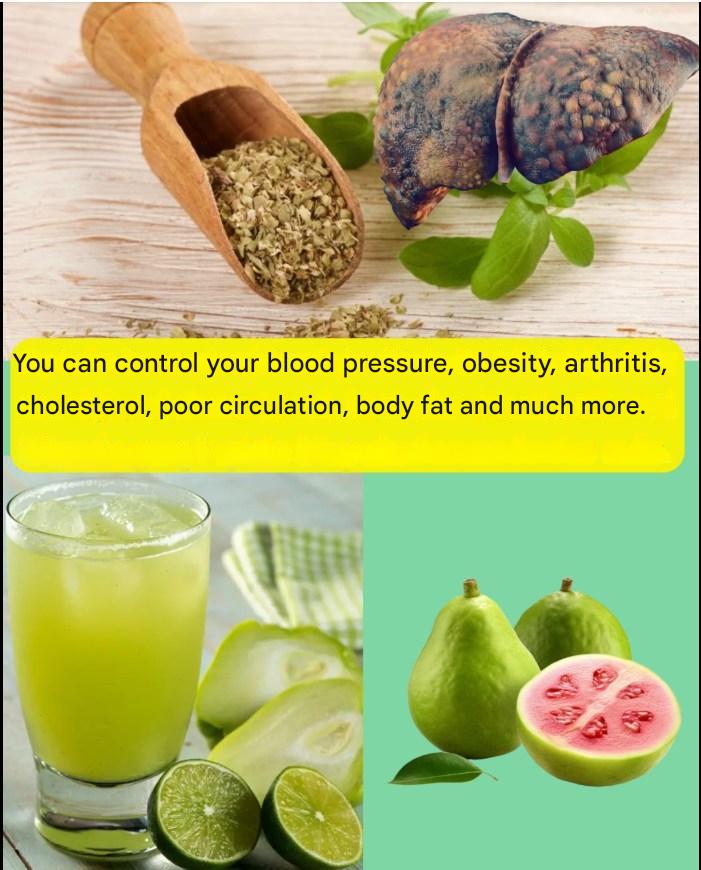see more on the next page Advertisement
Blood sugar regulation: This is the most studied benefit. Its compounds (such as quercetin and other flavonoids) inhibit carbohydrate-digesting enzymes (alpha-glucosidase, alpha-amylase), reducing sugar absorption and improving insulin sensitivity. This is crucial for controlling insulin resistance, which is common in fatty liver disease and obesity!
Powerful antioxidant and anti-inflammatory: Protects liver cells from inflammatory and oxidative damage caused by excess fat.
Improves lipid profile: Some studies indicate that it may help lower LDL (“bad”) cholesterol and triglycerides, and increase HDL (“good”) cholesterol.
Digestive System: Helps relieve indigestion and may have a mild antibacterial effect on the intestines.
Dried oregano (Origanum vulgare):
Powerful antioxidant (rosmarinic acid, thymol, carvacrol): It has one of the highest antioxidant capacities among herbs. It neutralizes free radicals that damage the liver and promote inflammation in obesity.
Anti-inflammatory: Carvacrol modulates inflammatory pathways, reducing chronic, mild inflammation associated with fatty liver disease and obesity.
Metabolism regulation: Research suggests it may improve insulin sensitivity and fat metabolism.
Antimicrobial activity: May help regulate gut microbiota, dysbiosis of which is linked to obesity and metabolic complications.
